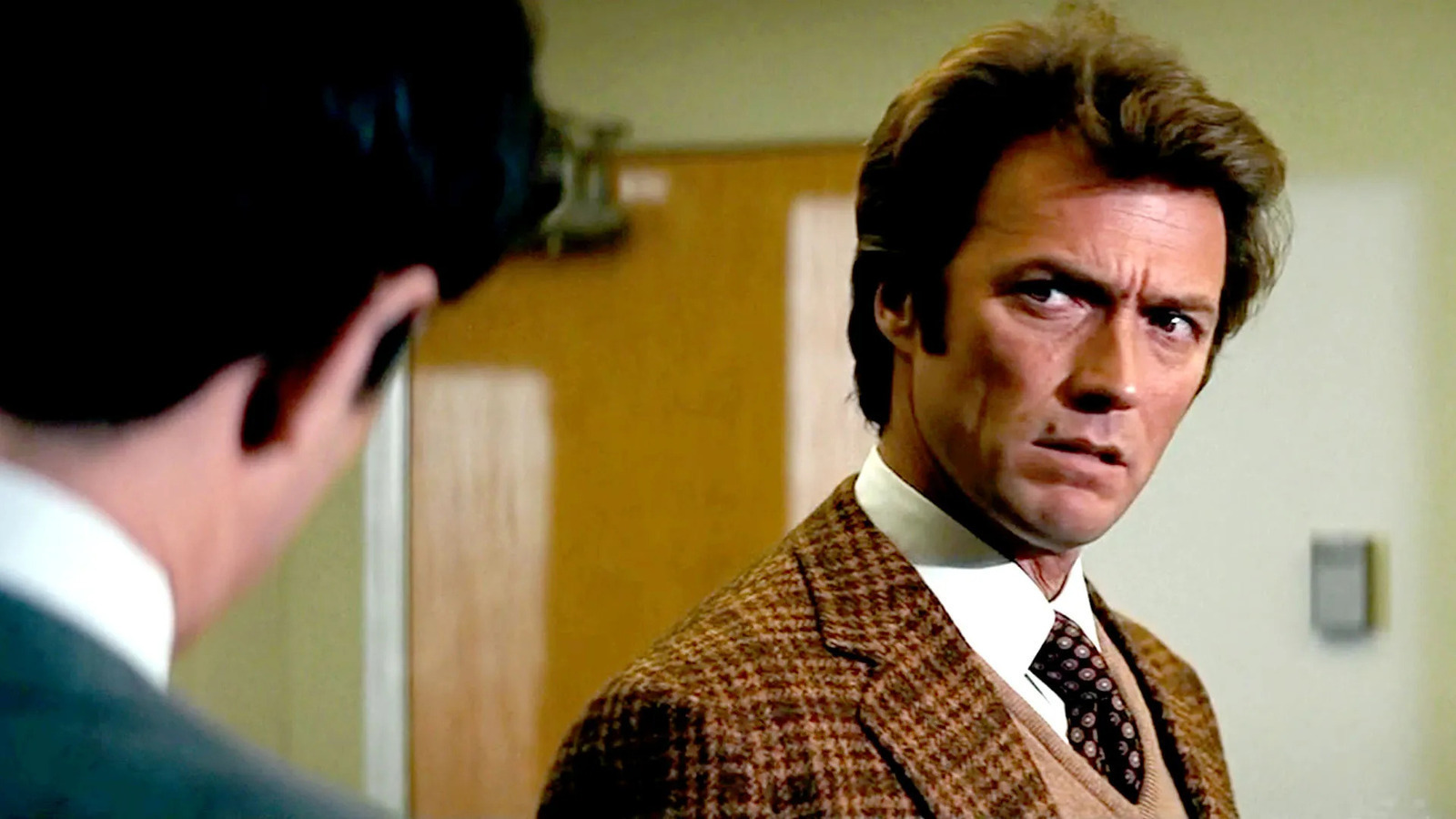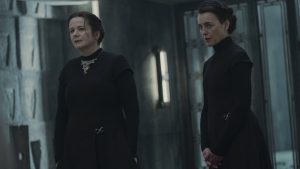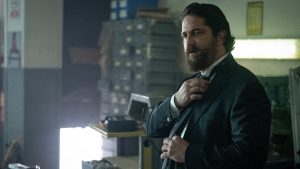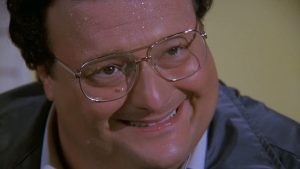
Clint Eastwood’s Hostility Towards Coca-Cola Products in His Films Because of The Karate Kid
Product placement is a well-known strategy in the world of filmmaking. Sometimes it’s over-the-top and almost comical, as seen in various Michael Bay films, while at other times it’s smoothly woven into the narrative, like in Jurassic World. The line between organic integration and overt commercialism often blurs, particularly when corporate agendas drive the decision to feature certain brands. This dynamic became especially prevalent after Coca-Cola acquired Columbia Pictures for $700 million in 1982, which led to a surge of noticeable product placements. Iconic movies such as E.T. showcased Reese’s Pieces, and Back to the Future Part II saw Pepsi become part of the storyline. One of the most notable films produced during this Coca-Cola era was The Karate Kid, directed by the acclaimed John G. Avildsen. However, the film could’ve taken a drastically different path had Clint Eastwood not declined the directing role.
After passing on the chance to direct The Karate Kid, Eastwood initiated a campaign against Coca-Cola and effectively banned its products from appearing in any of his films. The roots of this grievance can be traced back to a personal family matter. Kyle Eastwood, Clint’s eldest son, sought to make his mark in acting and hoped to land a part in the iconic film. In a 2007 interview, Kyle shared that his father initially considered the project and deemed the character of Daniel LaRusso intriguing. However, upon passing the script, it ultimately fell into other hands, transforming the film into the massive success we recognize today.
Sondra Locke, who shared a long-term relationship with Clint Eastwood in the 1980s, provided insight into the situation in her autobiography. She revealed that Eastwood had agreed to take the helm of The Karate Kid, under the stipulation that Kyle be cast in the lead role—something Columbia Pictures rejected. From that point forward, Westwood was determined to keep Coca-Cola products out of his cinematic universe.
This decision resulted in Clint Eastwood avoiding Coke in his films altogether. Interestingly, Kyle was not the only aspiring actor vying for the role of Daniel LaRusso; notable names like Robert Downey Jr. and Charlie Sheen also auditioned before the titular character was ultimately portrayed by Ralph Macchio. In a light-hearted moment on The Tonight Show Starring Jimmy Fallon, Macchio reminisced about crossing paths with Sheen during auditions, playfully noting Sheen’s appearance didn’t match that of an Italian kid from New Jersey.
The intersection of personal vendetta and the world of film frequently leads to fascinating stories, as demonstrated by Clint Eastwood’s enduring feud with Coca-Cola, reminding us that behind every iconic movie is a tapestry of complex relationships and untold narratives.



